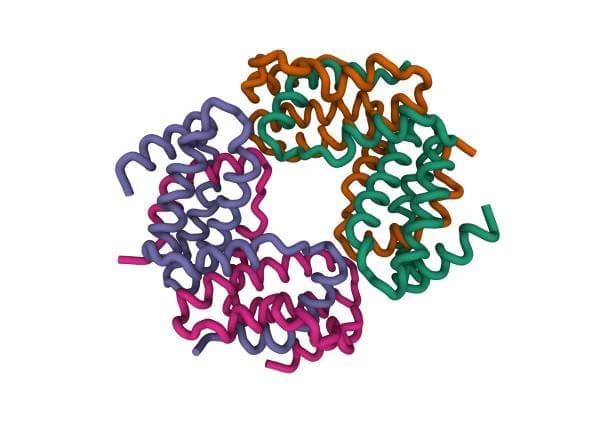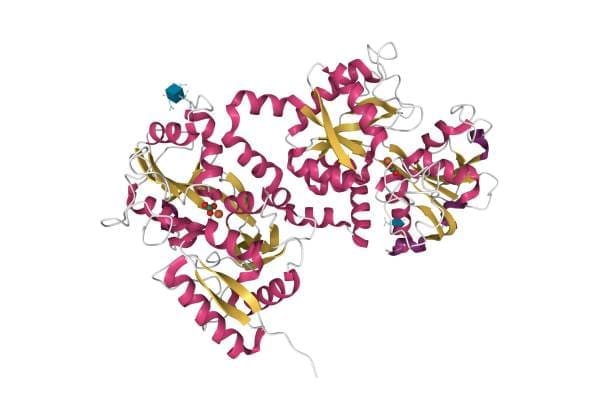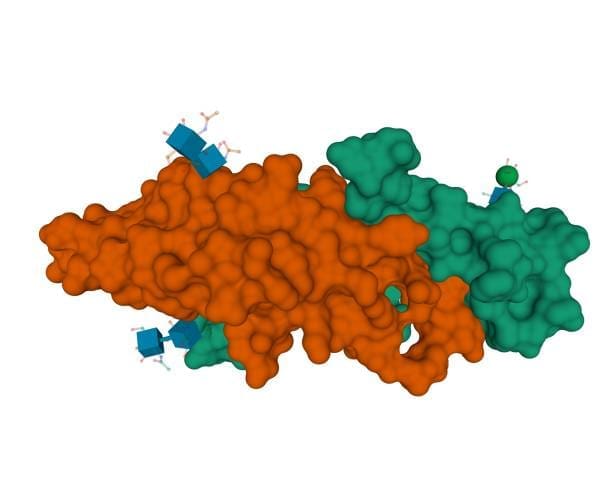Proteins are essential in the medical and research field. For example, the use of proteins in western blotting, affinity purification, and in vitro functional tests helps in the understanding of the effect of proteins on cellular functions. Therefore, scientists look for a better way to produce protein on a large scale. Through technological development, protein production is increasingly becoming more effortless and convenient.
There are enough reasons why you should consider producing protein for your research. The following article will focus on the benefits of protein production.
What Are Custom Proteins?
Before looking at the benefits of protein production, let’s first understand custom protein and the production process. Custom protein is recombinant protein developed through custom manufacture rather than commercial production. You might probably wonder what recombinant proteins are. These are proteins produced through the cloning of genes into an expression host. Therefore, recombinant protein technology is used to create custom genes efficiently.
Protein Production Process
The protein production process involves the application of necessary skills, knowledge, and experience in developing, manufacturing, and purifying active proteins. This method can help boost your study without encountering the challenges of using recombinant proteins.
Recombinant protein production starts with isolating and cloning the coding sequence of the protein of interest in an expression plasmid vector. Though most therapeutic proteins are derived from humans, they are also developed in a lab through expression hosts such as yeast, bacterial, and animal cells. Human genes primarily consist of noncoding DNA, popularly known as introns. This explains why intron-free genes are commonly created by changing the mRNA into cDNA.
Since the cDNA doesn’t contain regulatory regions, the expression systems include sequences that can be used as ribosome-binding sites, promoter, and terminator codons. When producing recombinant protein for research, you must consider effectiveness, cost, speed, simplicity, and appropriate product yield. Moreover, it’s good to note that you must use a eukaryotic expression system for proteins to go through post-translational changes, such as glycosylation or phosphorylation.

Here Are the Key Benefits of Protein Production
-
You Have Greater Control over Your Source
When you decide to produce your protein, you will be sure of the best process to use, which will meet your requirement and give you the best quality. You can also select a personalized protein service provider, which will guarantee a protein supply for your research and ensure easier quality control. This means the manufacturer must strictly follow your instructions and specifications. You are also assured that the subsequent batches will follow the same procedure.
Protein production also ensures a constant supply of protein of interest. You will not have to depend on other sources, which are not guaranteed. In addition, protein production will also help you tailor the process and the outcomes to meet your needs.

-
Better Reproducible Biological Activity
High experience and protein production skills help reduce the chances of batch-to-batch variation. Supplier changes cannot be possible, which can interfere with protein quality. Therefore, protein production services will help avoid costly, time-consuming, lengthy batch validations. The worst experience is getting unfitting batches, as you will be forced to look for and revalidate a new protein supplier.
To avoid such a mess, you should opt for protein production services. If you are a novice or have little knowledge of protein production, there are high possibilities you will invest a lot of time and resources in the wrong procedures.
-
Protein Production Saves You Money
Protein production services will save you a significant amount of money. In instances where you need large quantities of protein, you can quickly produce it in the lab at a lower price. The cost of the production process keeps on reducing after the initial manufacture. You can negotiate the prices for protein production services from another lab. It can also be helpful to compare the cost between the two methods, like checking if producing your protein is cheaper than buying from another lab.

-
Provide High Flexibility to Most of Your Projects
The high cost of reagents hinders most projects. For example, recombinant protein production encounters such problems regularly. However, this may not be the case in custom protein production since you can generate variants from different protein types as your project continues.
-
A Good Solution Biotherapeutics
Most human disorders/conditioners are substantially or systematically associated with protein malfunction. This means therapeutic protein effectively treats various conditions, such as cancer, diabetes, infectious diseases, anemia, and hemophilia. Examples of therapeutic proteins include fusion proteins, antibodies, interleukins, anticoagulants, and hormones. These therapeutic proteins play a critical role in the medicinal drug field.

Conclusion
The advancement in biotechnology has enhanced and simplified the protein production process. This has helped boost protein use in different fields and research. Custom proteins’ critical role in diagnostic reagents, medical pharmaceuticals, and basic life science research tremendously expands daily.
Nevertheless, the most important thing is to note the importance of protein production and how it can help to revolutionize your research projects. You must identify a reliable laboratory to help you with protein production and constant supply.
